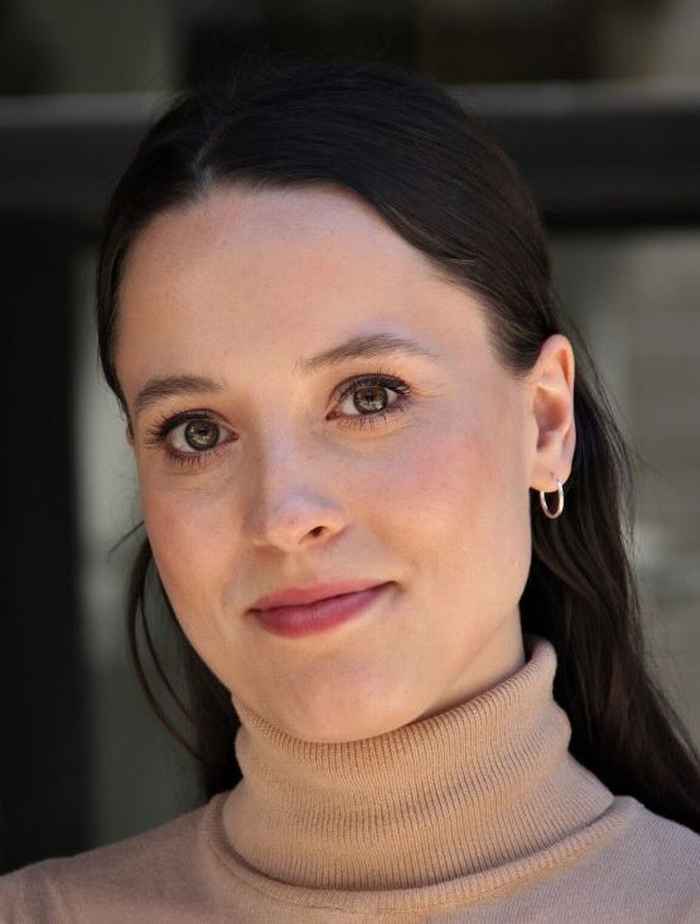‘The German border controls are primarily gesture politics’
18 September 2024

Is this measure new for Germany?
‘No, definitely not: some German borders have been controlled for years. That has even been happening since 2015 on the German border with Austria, and the country also closed the borders various times during the COVID-19 pandemic. In 2015, up to 40% of the German national borders were controlled, and in 2020 – during the pandemic – that was as high as 70%. What is new, however, is that all borders will be controlled now and also, therefore, those with the Netherlands.
Are countries within the Schengen Area actually allowed to close the borders?
‘Open borders are the guiding principle in the Schengen Area, but member states are allowed to make an exception to that temporarily. That may happen, for example, due to security reasons, as in the case of an international political summit or the European Football Championship. In principle, such a border closure is allowed to last six months and that may then be extended a few times. However, many of the border controls that Germany carries out, for example on the border with Austria, have been going on much longer than they should be.’
What reasons has the German government given for controlling the borders?
‘According to the German government, the current measure was taken to deter illegal immigrants and to fight terrorists, and similar arguments are often used. In my doctoral research, I am focusing on German border controls in the past 10 years and how the government justifies them. It turns out that the arguments used are mostly about security and health: in particular increased migration, terrorist attacks and the coronavirus crisis were cited as reasons for the measures. Economic and humanitarian arguments play a much smaller role.’
What effect do these types of measures have on public opinion in Germany?
‘Our research shows that by closing the borders, support for the EU decreases among people who live in the border region, and that anti-immigration sentiments increase there. We suspect this is because border closures send the message that the ‘other’ behind the border is a potential danger, they inhibit cross-border interactions, and signal little faith in effective European governance. However, the effect on the political attitudes of citizens also appears to disappear quickly – we are not quite sure why that is the case.’
To what extent do you think that the current measure was taken for political reasons?
‘I think that politics played a major role in that. The far-right AfD has won over many voters in Germany, and you are now seeing centre parties and even left-wing parties adopting some of the strategies of the far right. Controlling borders often has an important symbolic function, especially in times of crisis. It demonstrates power and control – examples of this including Brexit or Trump’s wall. I therefore think that the recently announced measure is primarily gesture politics. The German police force do not have the capacity to carry out large-scale controls at all national borders.’
How effective will the border controls actually be then?
‘Due to the aforementioned limited capacity, I would expect that the controls will be carried out in a targeted way, for example at specific border posts. Moreover, the news is all over the media, so everyone knows about it. I therefore expect that people who want to cross the border illegally will look for an alternative route or border crossing. As a result of that, the effects of the controls will probably be limited and it will remain, above all, a symbolic measure.